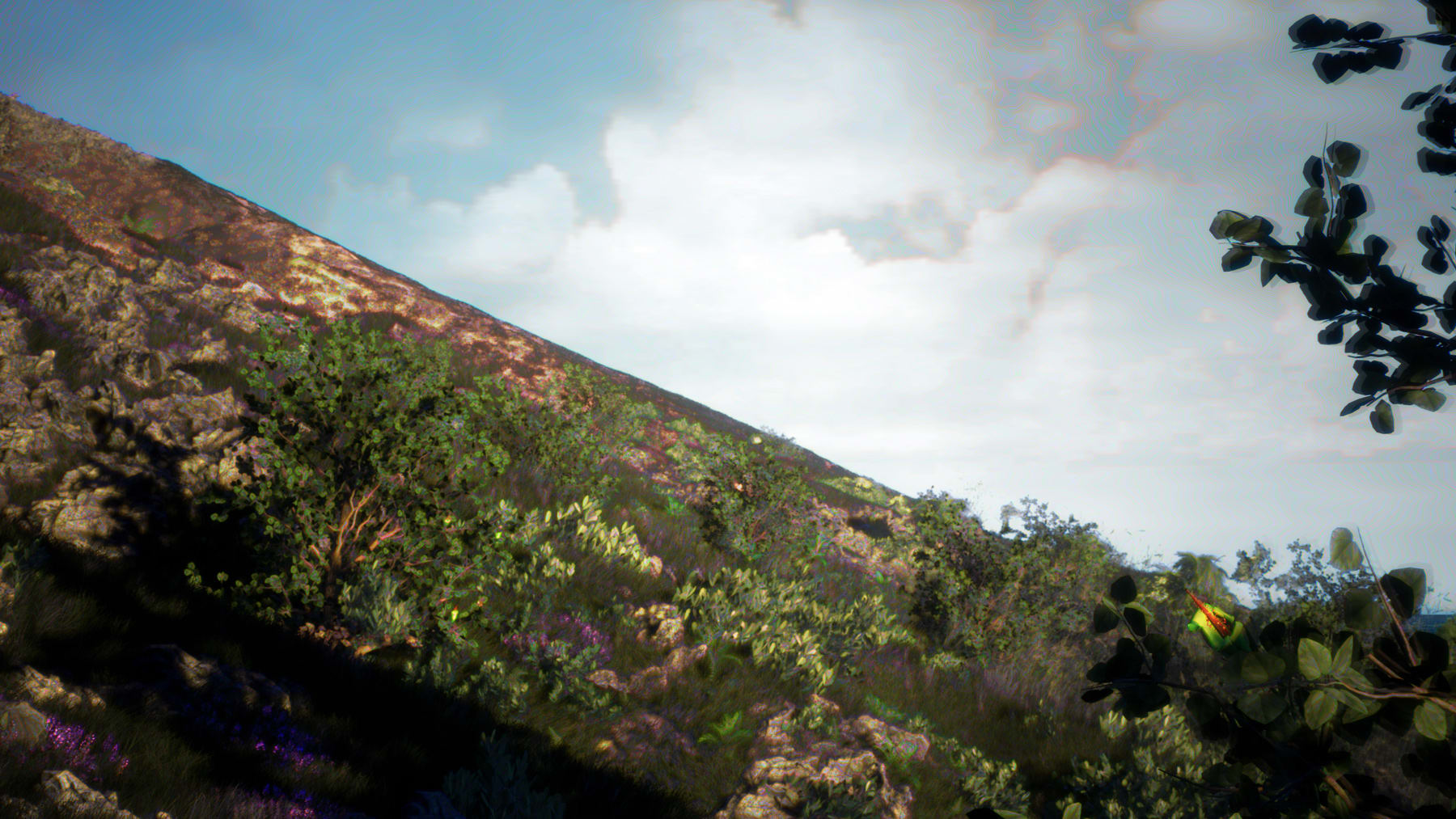
We've known little of the genetic sequences of our precursors, despite having found many examples of their remains: the requirement for two strands in traditional DNA sequencing isn't much help when we're usually thankful to get just one. The Max Planck Institute has devised a new, single-strand technique that may very well fill in the complete picture. Binding specific molecules to a strand, so enzymes can copy the sequence, has let researchers make at least one pass over 99.9 percent of the genome of a Siberian girl from roughly 80,000 years ago -- giving science the most complete genetic picture of any human ancestor to date, all from the one bone you see above. The gene map tells us that the brown-skinned, brown-eyed, brown-haired girl was part of a splinter population known as the Denisovans that sat in between Neanderthals and ourselves, having forked the family tree hundreds of thousands of years before today. It also shows that there's a small trace of Denisovans and their Neanderthal roots in modern East Asia, which we would never have known just by staring at fossils. Future discoveries could take years to leave an impact, but MPI may have just opened the floodgates of knowledge for our collective history.
Filed under: Science, Alt
Max Planck Institute sequences genome of Siberian girl from 80,000 years ago, smashes DNA barriers originally appeared on Engadget on Mon, 03 Sep 2012 01:42:00 EDT. Please see our terms for use of feeds.
Permalink  Wired
Wired |
 ScienceNOW (purchase required)
ScienceNOW (purchase required) |
Email this |
Comments
 We've lost some parts of our natural world. Swathes of plants and animals have been consumed by evolution, shifting climates or the often-damaging expansion of humankind.
We've lost some parts of our natural world. Swathes of plants and animals have been consumed by evolution, shifting climates or the often-damaging expansion of humankind.
 We've lost some parts of our natural world. Swathes of plants and animals have been consumed by evolution, shifting climates or the often-damaging expansion of humankind.
We've lost some parts of our natural world. Swathes of plants and animals have been consumed by evolution, shifting climates or the often-damaging expansion of humankind.
 Although modern AI systems still have trouble deciding whether or not to flip that stranded tortoise in their path, they're already outpacing the intellectual capabilities of their creators in a wide variety of fields. From beating grandmaster Go pla...
Although modern AI systems still have trouble deciding whether or not to flip that stranded tortoise in their path, they're already outpacing the intellectual capabilities of their creators in a wide variety of fields. From beating grandmaster Go pla...









